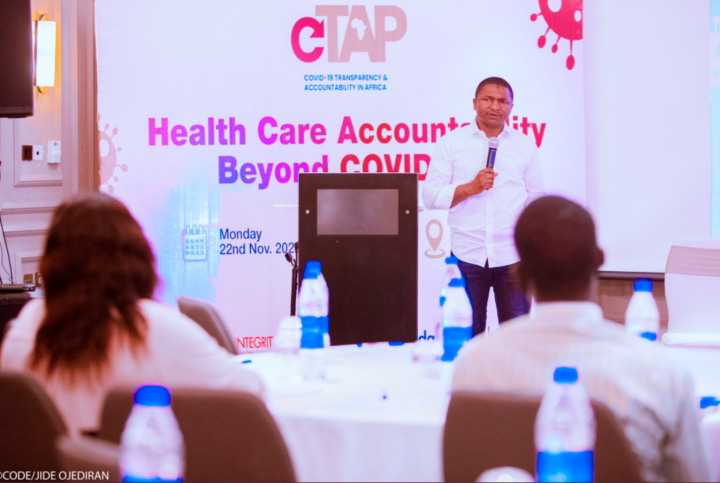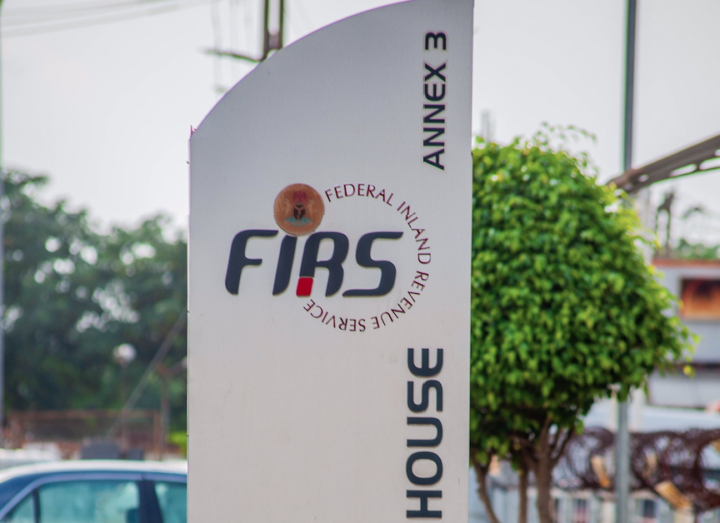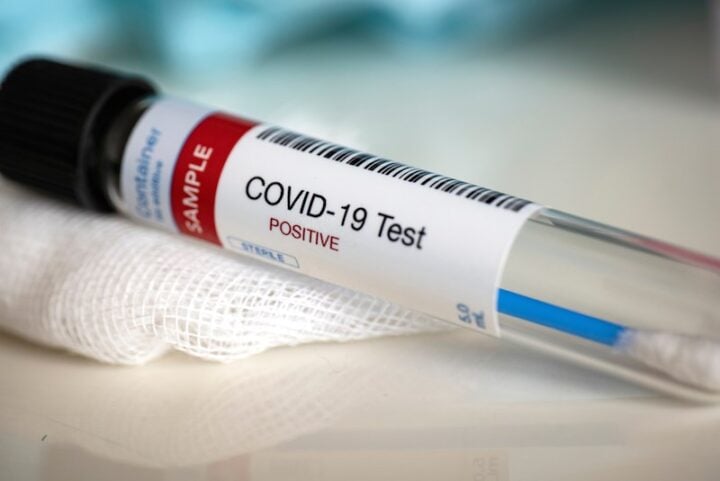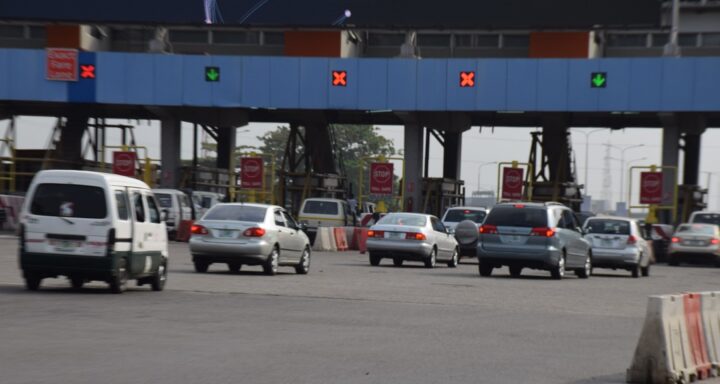BudgIT Foundation and Connected Development (CODE) have reiterated calls for equity and fairness in the distribution of the COVID-19 vaccine across remote areas.
The two civil society organisations made the call at a one-day programme held in Lagos recently, under the COVID-19 Transparency and Accountability Project (CTAP), with the topic: “Healthcare Accountability, Beyond COVID-19.
Speaking at the event, Hamzat Lawal, chief executive, CODE, noted that CSO advocacy in making sure that government makes public the implementation plan of procurement and distribution of COVID-19 vaccines has led to partnering with the national primary health care development agency (NPHCDA).
Speaking on COVID-19 spending, Vahyala Kwaga, BudgIT senior research analyst, said that transparency and accountability are major problems facing government agencies, as they failed to publish how they spend COVID-19 funds.
Advertisement
“Ministries, Departments, and Agencies (MDAs) of government have failed in publishing how COVID funds they collected were spent,” he said.
“On the part of states, they disclosed quarterly COVID-19 implementation reports due to World Bank programme known as SFTAS incentives.”
On his part, Oluseun Onigbinde, co-founder at BudgIT, appealed to government agencies not to see CSOs as antagonists in the drive for transparency in COVID-19 spending and vaccine distribution.
Advertisement
He said the next phase of the project would commence next year.
Phase one of the CTAP enlightens citizens on monitoring the state of PHCs, vaccine storage, distribution, and handling in 15 states. The project also advocates a transparent and inclusive approach in the distribution of COVID-19 vaccines in Nigeria.
For the second phase, Pearl Etuk, project assistant at the CODE, said CSOs would intensify awareness on the need for vaccines in Africa and that African governments should ensure transparency and accountability in the deployment of vaccines as well as equitable distribution to more remote communities.
Advertisement
Add a comment





